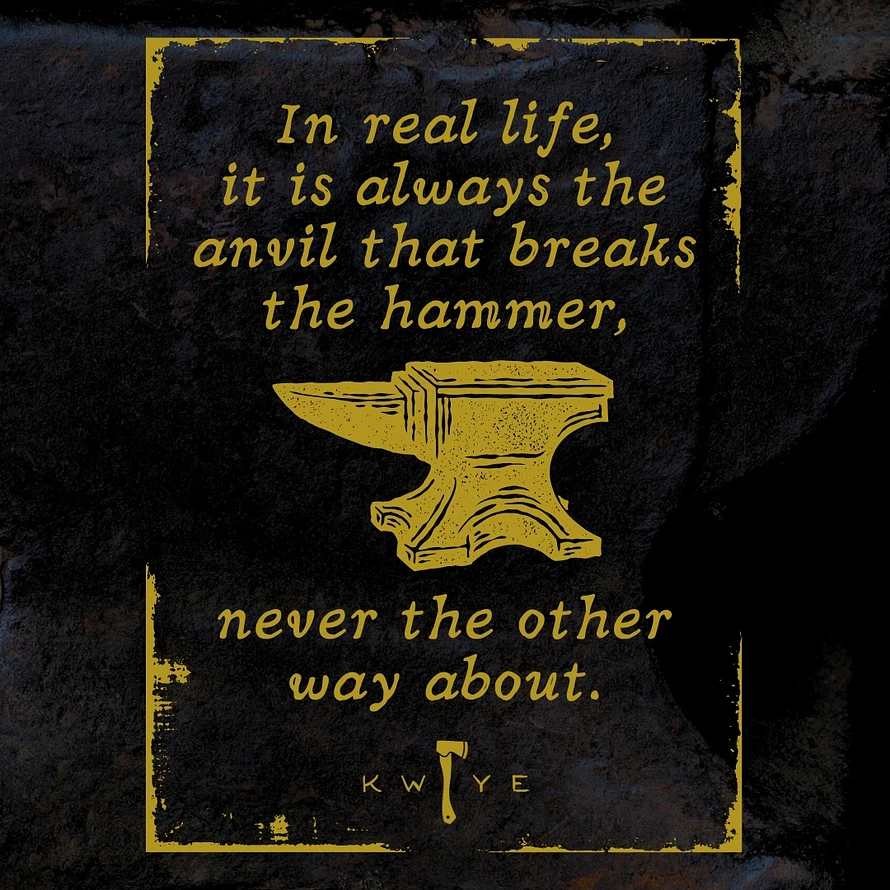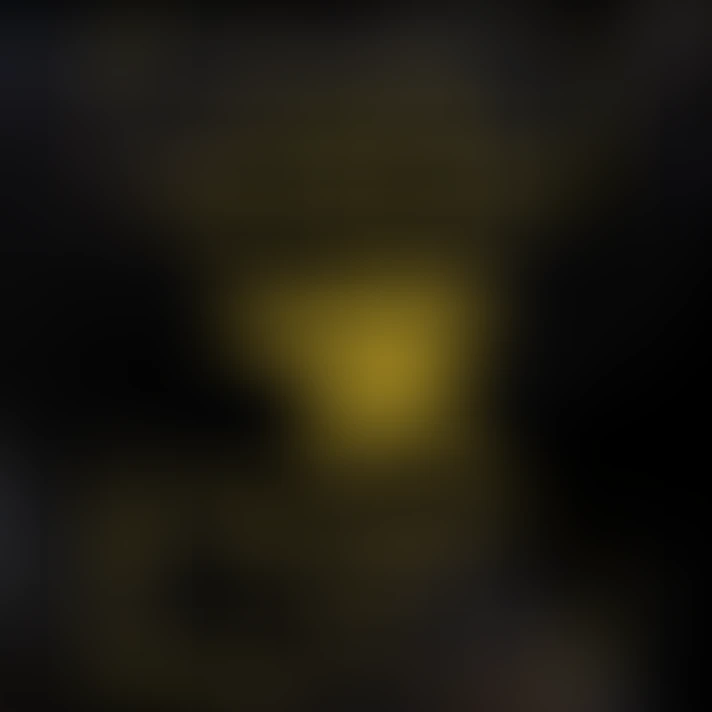If you would like to be the first to see articles when they are published, consider subscribing to our More Savage Than Average Newsletter so we can let you know directly.
In the annals of human history, few discoveries have been as transformative as the mastery of fire. This elemental force, once a source of fear and awe, became the hearth around which civilization itself was forged. At the core of this transformation lay a simple yet profound act: the cooking of food over open flame. Today, as we stand amidst the gleaming appliances of modern kitchens, it's easy to forget the primal dance of flame and food that shaped our species. Yet, in rediscovering this ancient art, we may find not only a connection to our past but also a path to a healthier, more engaged future.
The story of fire cooking is, in essence, the story of human evolution. Anthropologists posit that the control of fire, dating back nearly two million years, played a crucial role in our development. Richard Wrangham, in his seminal work "Catching Fire: How Cooking Made Us Human”, argues that cooking food over fire was nothing short of revolutionary. The heat from flames broke down tough fibers in both meat and plants, making nutrients more readily available and easier to digest. This newfound efficiency in nutrient extraction, Wrangham contends, fueled the growth of our energy-hungry brains, setting us on the path to becoming the complex, cultural beings we are today.
But the benefits of fire cooking extend beyond our evolutionary past. In an age where convenience often trumps nutrition, returning to this primal method offers surprising health advantages. The high, direct heat of an open flame can seal in juices quickly, preserving nutrients that might otherwise be lost in longer cooking processes.
Perhaps more significantly, fire cooking eliminates the need for many modern cooking implements that have come under scrutiny for their potential health risks. The convenience of non-stick cookware, for instance, comes at a potential cost. When overheated, some non-stick coatings can release toxic fumes, including perfluorooctanoic acid (PFOA), a compound linked to various health concerns. By contrast, a well-seasoned cast iron skillet over an open flame not only imparts no such chemicals but also adds beneficial iron to the diet.
Yet, the appeal of fire cooking goes beyond mere nutritional considerations. There's a wildness, a primal energy to this method that speaks to something deep within the human psyche. In a world increasingly divorced from nature, where our food often arrives pre-packaged and our entertainment pre-programmed, the act of cooking over fire offers a visceral connection to the elemental forces that shape our world.
This connection is not merely physical but deeply philosophical. The unpredictability of flame, the need for constant attention and adjustment, teaches patience and mindfulness. It demands a level of engagement that our push-button modern life rarely requires. In tending a fire, in coaxing flavor from food with nothing more than heat and smoke, we reconnect with a fundamental human experience – one that has been largely lost in the rush of modern life.
The philosopher Gaston Bachelard, in his work "The Psychoanalysis of Fire," explored humanity's profound relationship with this element. He saw in fire a symbol of purification and regeneration, a force that invites contemplation and reverie. In the context of cooking, this takes on a practical dimension. The act of gathering around a fire to prepare food becomes a communal ritual, a shared experience that strengthens social bonds and fosters a sense of connection often lacking in our increasingly isolated modern lives.
Moreover, fire cooking rekindles a lost intimacy with our food and its origins. In an era of industrialized agriculture and processed convenience foods, the simple act of preparing a meal over flame can be revolutionary. It demands an understanding of the ingredients, an appreciation for the transformative power of heat, and a respect for the natural world that provides our sustenance. This heightened awareness can lead to more mindful consumption, potentially addressing issues of overeating and food waste that plague modern societies.
The resurgence of interest in fire cooking among chefs and food enthusiasts speaks to a growing recognition of its value. Restaurants like Ekstedt in Stockholm and Asador Etxebarri in Spain that feature open-fire kitchens have gained prominence, not as novelty acts, but as serious culinary endeavors exploring the depth of flavor and technique possible with this ancient method. This professional validation has sparked a wider cultural reevaluation of fire cooking, moving it from the realm of occasional barbecues to a respected and sought-after culinary art.
However, embracing fire cooking in the modern world is not without challenges. Urban living often limits opportunities for open-flame cooking, and valid concerns about air pollution and fire safety must be addressed. Yet, these challenges also present opportunities for innovation – the development of safer, more efficient fire cooking methods that can be integrated into contemporary lifestyles without sacrificing the essence of the experience.
The simplicity and sustainability of fire cooking offers valuable lessons. It reminds us that profound culinary experiences don't necessarily require complex equipment or energy-intensive processes. A return to this fundamental technique could contribute to a more sustainable food culture, one that values quality over convenience and connection over consumption.
In rekindling the art of fire cooking, we do more than simply prepare food – we participate in a tradition as old as humanity itself. We engage with our environment, our food, and each other in a more direct and meaningful way. This is not a rejection of progress, but rather a recognition that true advancement often involves a thoughtful integration of ancient wisdom with modern understanding.
The flames that once illuminated cave walls now have the potential to light the way toward a more engaged, healthful, and connected approach to food and life. In rediscovering this primal art, we may find not just a cooking method, but a philosophy – one that recognizes the profound interconnectedness of humans, food, and the natural world. As we stand at the crossroads of technological progress and environmental concerns, the ancient practice of fire cooking offers a timeless lesson: sometimes, the path forward is illuminated by the oldest of flames.
Kill What You Eat,
Patrick

